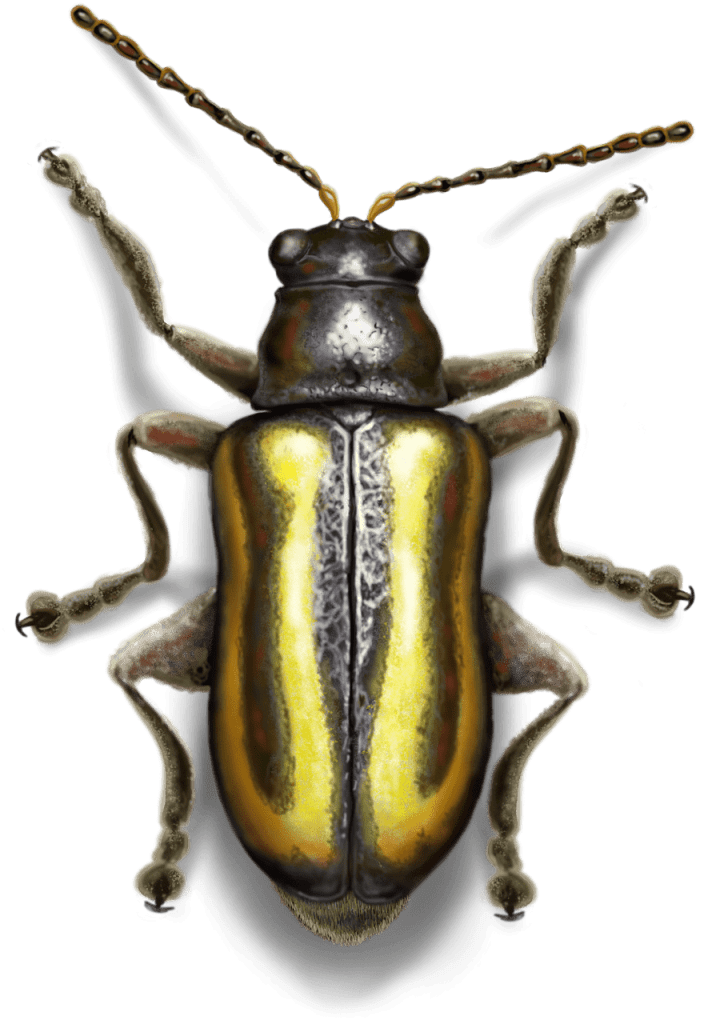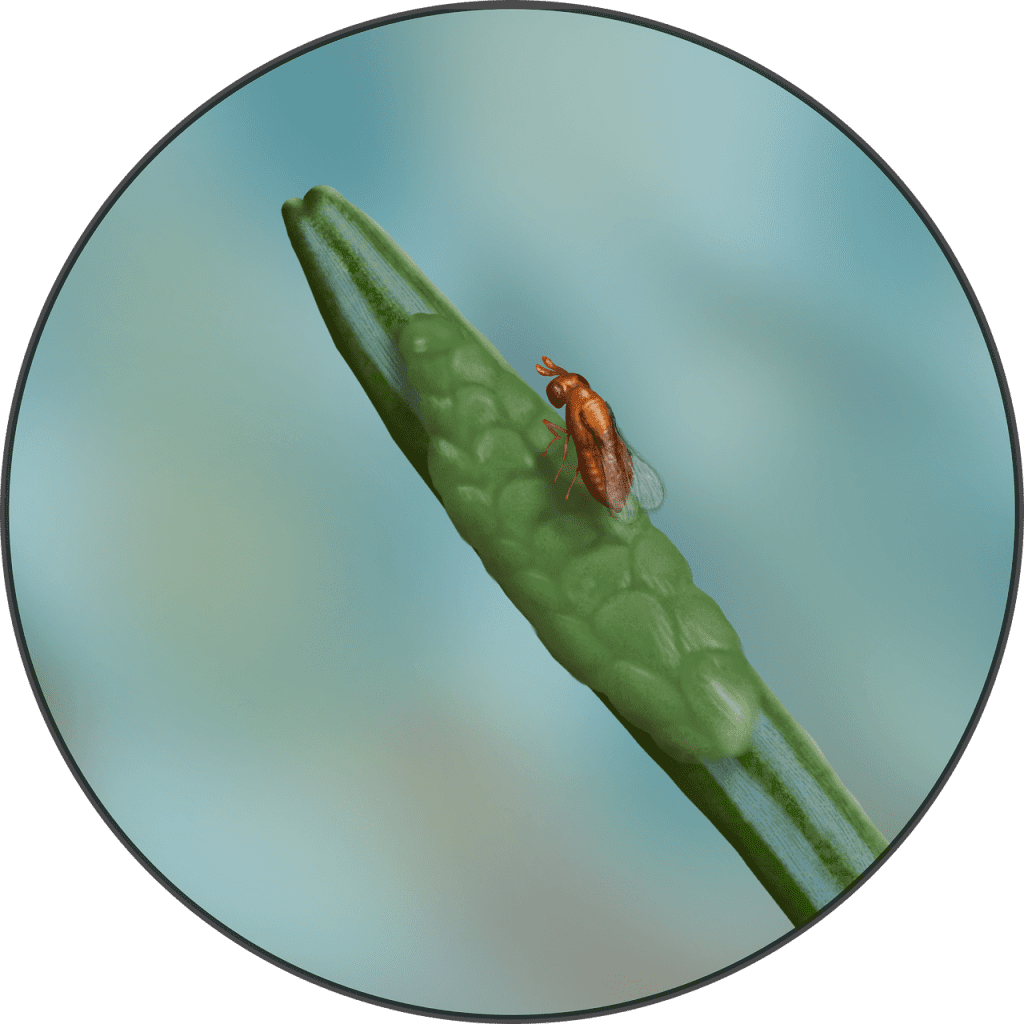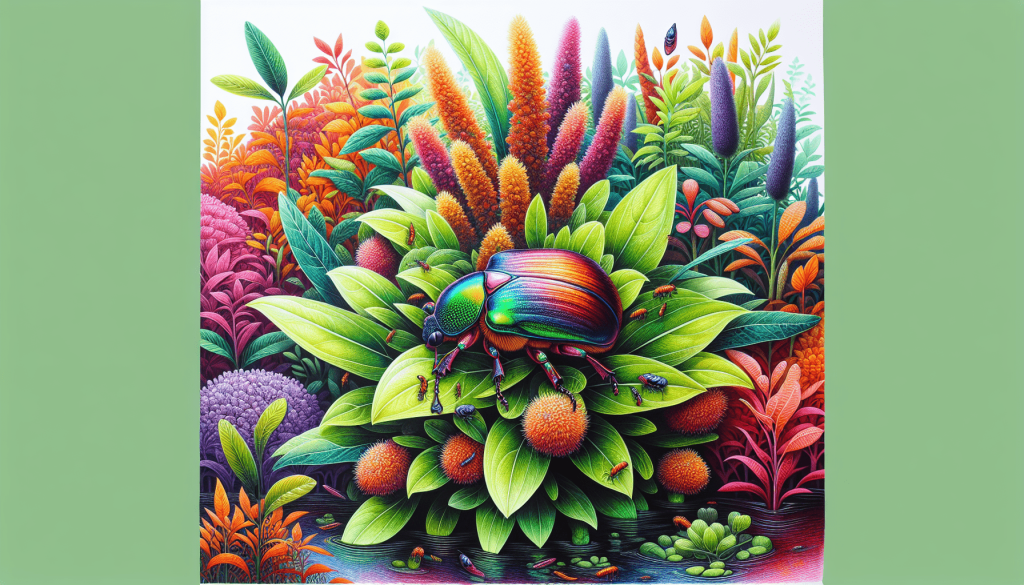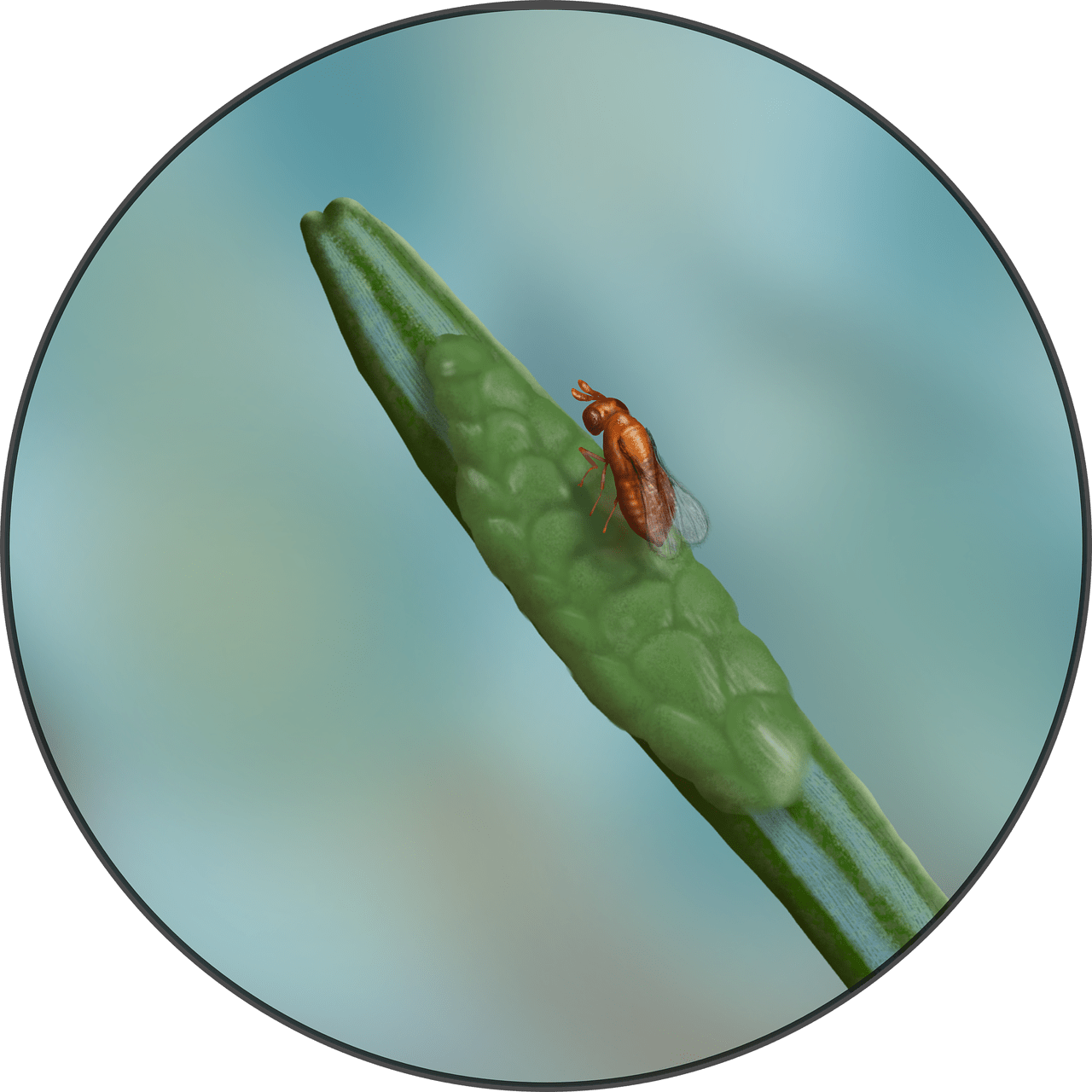Welcome to a fascinating exploration of “The Benefits of Using Biological Control Agents to Combat Alligator Weed”! This article will take you on an enlightening journey into how biological control agents, such as specific insects and pathogens, offer an eco-friendly and effective alternative to traditional chemical herbicides. You’ll discover how these natural allies not only help manage the spread of alligator weed but also promote a healthier, more balanced ecosystem. By the end of this article, you’ll appreciate the crucial role that biological control plays in sustainable agriculture and environmental conservation.
The Benefits Of Using Biological Control Agents To Combat Alligator Weed
Have you ever wondered how we can effectively manage invasive species like alligator weed without causing harm to the environment? You’re about to embark on a fascinating journey that highlights the benefits of using biological control agents to combat this persistent plant menace.
What Is Alligator Weed?
Alligator weed (Alternanthera philoxeroides) is an aggressive, invasive aquatic plant native to South America. It typically grows in water bodies such as lakes, rivers, and wetlands but can also thrive on land. This weed forms dense mats that can choke waterways, disrupt ecosystems, and cause significant economic losses. Controlling alligator weed is crucial for maintaining biodiversity and the health of natural water systems.
Identifying Alligator Weed
To combat an enemy, you first need to identify it. Alligator weed has characteristics that make it easily identifiable. The plant features:
- Leaves: Long, elliptical, and opposite.
- Stems: Hollow and can float on water.
- Flowers: Small, white, and clover-like clusters.
By knowing what to look for, you can quickly spot alligator weed and understand the urgency of its control.
Why Is Alligator Weed a Problem?
Alligator weed poses significant threats to both natural and human-managed ecosystems. Here are some of the main issues this invasive species causes:
Ecological Impact
Alligator weed forms thick, impenetrable mats that can outcompete native vegetation. This disrupts the balance of ecosystems and often leads to the decline of native plant and animal species. The dense mat can also reduce oxygen levels in the water, adversely affecting fish and other aquatic organisms.
Economic Impact
The economic cost of managing alligator weed is steep. It’s notorious for clogging irrigation systems, decreasing agricultural productivity, and infesting recreational waters. The financial burden includes expenditures on mechanical removal, chemical treatments, and loss of ecosystem services.
Impact on Human Activities
For recreational waters and lakes, alligator weed can interfere with boating, swimming, and fishing activities. The weed can also infest pastures, reducing the land’s usability for livestock.

Traditional Control Methods
Before diving into the benefits of biological control, let’s take a look at traditional methods of managing alligator weed. Generally, there are three main approaches: mechanical removal, chemical control, and environmental management.
Mechanical Removal
Mechanical removal involves physically extracting the weed from its habitat.
Pros:
- Immediate results.
- No chemical residues.
Cons:
- Labor-intensive and costly.
- Often ineffective long-term as pieces of the plant can quickly re-establish.
Chemical Control
Chemical control uses herbicides to manage alligator weed.
Pros:
- Can be effective over large areas.
Cons:
- Potential for environmental contamination.
- Non-selective, harming other plant and animal species.
Environmental Management
Environmental management involves altering water levels or using fire to control infestations.
Pros:
- Can work in specific scenarios.
Cons:
- Not always feasible or effective.
- Can also disturb the habitat.
Enter Biological Control: A Sustainable Solution
Biological control involves using natural enemies like insects, fungi, or pathogens to control invasive species. This method is particularly fitting for persistent plants like alligator weed. Unlike mechanical or chemical methods, biological control aims to bring long-term, sustainable solutions.
What Are Biological Control Agents?
Biological control agents are natural predators, parasites, or pathogens used deliberately to regulate the population of a target pest. In the case of alligator weed, several agents have been studied and implemented.
Agents for Alligator Weed
- Agasicles hygrophila (Alligator weed flea beetle)
- Vogtia malloi (Alligator weed stem borer)
These agents specifically target alligator weed, thereby reducing its population without affecting other species.

Advantages of Using Biological Control Agents
Now, let’s delve into what makes biological control an attractive method for combating alligator weed.
Eco-Friendly
Biological control is inherently eco-friendly. The control agents specifically target the invasive species without disturbing the broader ecosystem:
- No Chemical Residues: There’s no risk of contaminating water, soil, or harming non-target species.
- Minimal Human Intervention: Once established, the agents can self-regulate and continue affecting the weed’s population.
Cost-Effective
After the initial setup costs, biological control is generally more cost-effective than mechanical or chemical methods:
- Reduced Labor Costs: No need for constant physical removal or chemical application.
- Sustainable: Agents can continue their work season after season, providing a long-term solution.
Target-Specific
The biological agents used for alligator weed control are target-specific, which means:
- Precision: They specifically impact alligator weed without negatively affecting native plants or animals.
- Balance Restoration: By targeting only the invasive species, biological control helps restore ecological balance.
Long-Term Solution
Unlike short-term fixes, biological control provides a sustainable, long-lasting solution:
- Self-Sustaining: Once established, the biological agents maintain their populations.
- Permanent Impact: Over time, the weed’s population can be significantly reduced, negating the need for repeated interventions.
Implementing Biological Control: Success Stories
Like any method, biological control agents have proven successful in various scenarios and regions. Let’s take a look at some real-life examples.
Australia
Australia experienced significant issues with alligator weed. The introduction of Agasicles hygrophila showed remarkable success:
- Reduced Infestation: Major reductions in alligator weed populations in several water bodies.
- Increased Biodiversity: Native plants began to thrive again, restoring ecological balance.
United States
In the United States, waterways infested by alligator weed received interventions using Vogtia malloi:
- Successful Control: Significant decline in the alligator weed population.
- Economic Savings: Reduced expenses for mechanical and chemical controls.

Steps to Implement Biological Control
If you’re keen on implementing this method, understanding the steps and processes involved is crucial. Here’s a simplified guide to help you navigate through:
Step 1: Identification and Assessment
First, identify the extent of the alligator weed infestation:
- Mapping the Infestation: Use GIS tools to map the affected areas.
- Assessing Impact: Evaluate the ecological, economic, and social impacts.
Step 2: Selecting Appropriate Agents
Choose suitable biological control agents:
- Research: Understand the efficacy and specificity of different agents.
- Pilot Studies: Conduct small-scale pilot studies to ascertain effectiveness.
Step 3: Release and Monitoring
Release the chosen agents into the infested areas:
- Controlled Release: Start with controlled, small-scale releases.
- Continuous Monitoring: Monitor the agents’ impact on both the weed and the ecosystem.
Step 4: Evaluation and Adaptation
Evaluate the success and make necessary adjustments:
- Data Collection: Gather data on weed reduction and ecosystem restoration.
- Adaptive Management: Adjust strategies based on findings for maximal effect.
Potential Challenges and Mitigations
Any method can face challenges, and it’s important to be aware and prepared to manage them.
Establishment and Survival of Agents
Some biological control agents may struggle to establish or survive in new environments.
Mitigation:
- Environmental Matching: Choose agents already adapted to similar environments.
- Supportive Conditions: Provide optimal conditions for the agents initially.
Non-Target Effects
Although rare, there might be unintended consequences on non-target species.
Mitigation:
- Careful Selection: Research thoroughly to select highly specific agents.
- Pre-release Testing: Conduct extensive pre-release testing to ensure specificity.
Public Perception
Public misperception and resistance can sometimes be a hurdle.
Mitigation:
- Education and Outreach: Inform the public about the benefits and safety of biological control.
- Transparency: Keep the process transparent and involve local communities.

Comparing Control Methods: A Summary Table
It can be helpful to compare the different methods side-by-side to understand their relative advantages and limitations.
| Method | Pros | Cons |
|---|---|---|
| Mechanical Removal | Immediate results, no chemical residues | Labor-intensive, costly, often temporary |
| Chemical Control | Effective over large areas | Environmental contamination, non-selective |
| Environmental Mgmt. | Effective in specific scenarios | Often not feasible, can disturb the habitat |
| Biological Control | Eco-friendly, cost-effective, target-specific | Initial setup costs, may have establishment issues |
Conclusion
By now, you should have a solid understanding of the benefits that biological control agents bring to the table in the fight against alligator weed. This eco-friendly, cost-effective, and sustainable method stands out as a highly efficient way to tackle invasive species while preserving the balance of natural ecosystems.
If executed correctly, biological control not only combats alligator weed effectively but also sets a precedent for dealing with other invasive species in a responsible and balanced manner. So, why not give nature’s own warriors a chance to prove their worth? By integrating biological control agents into your weed management strategy, you can play a pivotal role in protecting our invaluable natural resources for generations to come.
Thank you for taking the time to learn about this crucial and fascinating topic. If you have further questions or wish to pursue this method, local extension services and ecological consultants can provide additional guidance tailored to your specific needs.
